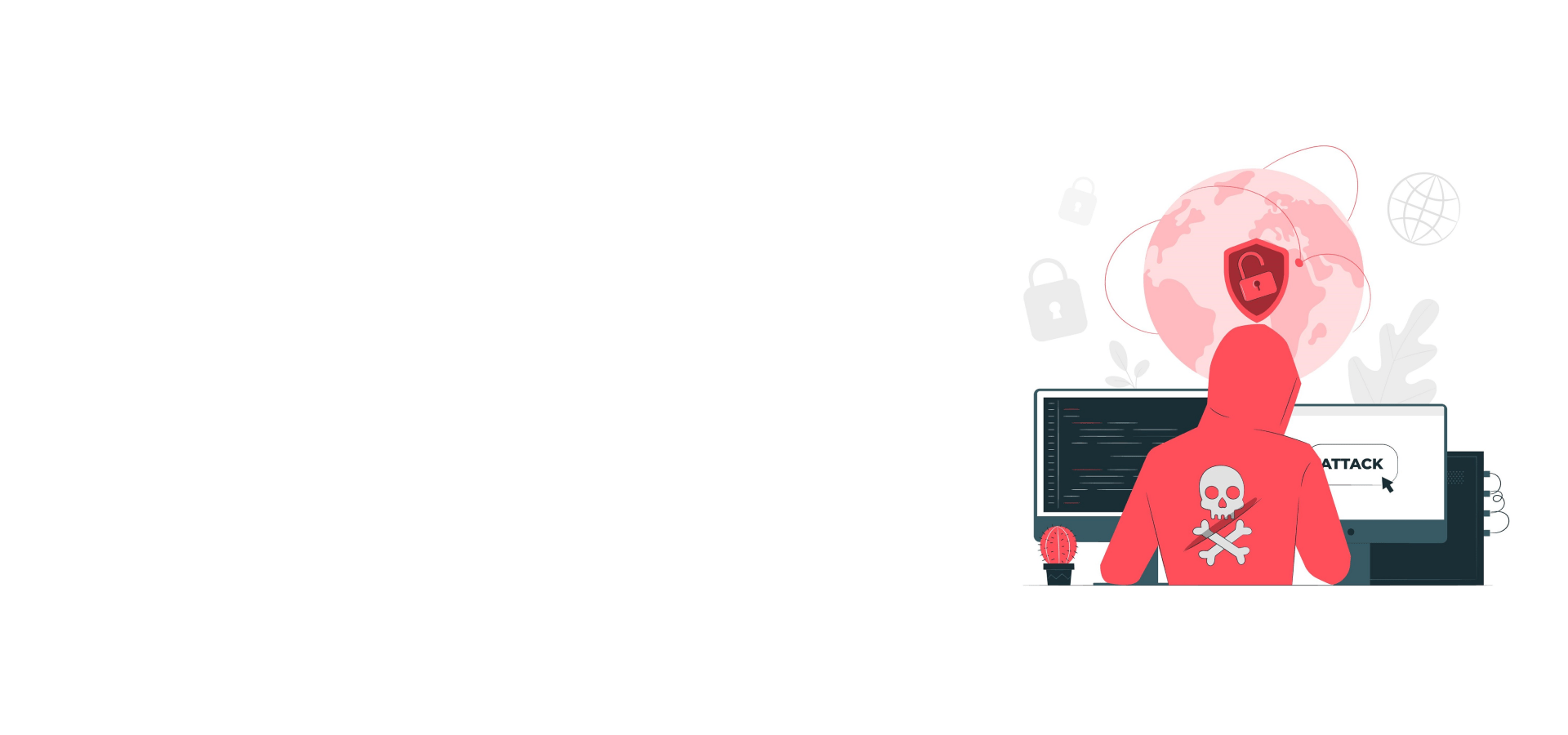
How to protect your e-commerce platform from hackers
-
-
Author
Binny Chanchal -
Published
Today’s generation is more or less used to buying the things they need from regular grocery items for daily use to expensive electronic items from popular open-source e-commerce platforms that are available. Most of the e-commerce platforms, therefore, need to have access to portals that have access to unlimited applications and are in the hands of the developers who manage the platform, and these developers are extremely skilled. When using open-source e-commerce platforms the possibilities of having huge profits and expansion of business are unlimited. Another reason why open-source e-commerce platforms are so much loved and valued by users is that they are flexible and ready to scale. Not only do the single product stores or specialized merchandise platforms use it, but it is also ready to use for multi-sector e-commerce stores and even for marketplaces.
The portals that give access to multiple applications are loved by the e-commerce platform owners because they help the stores use the platform to customize applications according to their needs. Applications that are fit to manage the warehouse by keeping a track of the products and categories. The application management platforms also perform several other tasks like creating a layout for a website, managing the orders, and much more. Apart from so many benefits that the application management portals offer, there is always a threat that these platforms are always prone to cybersecurity attacks. This might not only endanger the portal but also put into threat the users who are using the platform, as the hackers might take advantage of them as well.
How to protect your application management store from hackers
-
Using the best available server: We all know that the application management open stores need a powerful server to operate. But what is the ideal definition of the best available server? First, the parameters of the servers should be customized to meet the specific requirements of the clients. The servers should be up and running during periods of high demand, and also to keep the server in the best condition it should be secured and maintained properly. While choosing the server it is very important to keep in mind that the developers can manage the servers, correct the configurations and maintain the updates.
-
Securing the Environment: While choosing the server for the store also perform the steps that mitigate the risk of cybersecurity threats. To eliminate the risk of attacks here is a list of things that you could do. Ensure that the required server is used for specific software. Any additional server used increases the risk of cybersecurity threats. Second, ensure that all the files and folders that are being used in the software are having the required permission to be used in the software. Last but not least, to secure the environment using the most trusted IP address to access the server is a must.
-
Use Trusted Third Parties: The application management platform sometimes needs extensions to run applications from third parties. These third-party modules should only be used buying or hiring them from proven third parties. You must also check the support system of the third-party modules and that includes how quickly the vendors respond to problems faced which includes reporting bugs.
To end with, ensuring that there is a contingency plan to support if the application management platform fails, will be a good way to protect it from possible cybersecurity threats.
